How to Remove the Stress from Meal Times
For countless parents, questions over what to feed their children, and how to insist on healthy eating are a point of great stress. From those of us who are worried our children are over eating, to those of us worried our children are underweight; and from those of us who are concerned about processed foods, to those of us who have to handle allergies… wherever you happen to land on the parenting map and on the weight/ health spectrum, these are tough questions to answer.
- The parent is responsible for what food is offered, when it is offered, where it is offered.
- The child is responsible for how much to eat and whether or not to eat.
- Choose and prepare the food.
- Provide regular meals and snacks.
- Make eating times pleasant.
- Step-by-step, show children by example how to behave at family mealtime.
- Be considerate of children’s lack of food experience without catering to likes and dislikes.
- Not let children have food or beverages (except for water) between meal and snack times.
- Let children grow up to get bodies that are right for them.
- Children will eat.
- They will eat the amount they need.
- They will learn to eat the food their parents eat.
- They will grow predictably.
- They will learn to behave well at mealtime.
- It’s important that we, as parents, choose medical professionals who, (whilst being cautious), are not anxious and overbearing. One hopes that they, too, can understand a trusting parental approach and aren’t so hung up on graphs and charts, and support us in our division of responisibility.
- The wisdom goes that a normal child will eat when hungry and eat enough to satiate themselves. We want for our children to create their very own approach to food, and stay in touch with that incredible inner sensitivity to hunger and satiation. Normal healthy children simply do not eat when they’re not hungry (unless there’s some addictive poisonous processed sugar we like to call candy on offer – in which case they’ll stuff themselves silly). So trusting and investing in protecting that internal barometer serves them well.
- You do not want to get emotions mixed in with the food. Food is just food, it isn’t love. A child who eats more, or less, isn’t a “good eater” or a “good boy”. Food is simply there to nourish our physical bodies, so it’s important not to praise “good” eating or condemn “bad” eating. Or to compare children to each other. We all know how much we love our plates to be analyzed by our companions at the table? Kids hate it, too.
- The very best way to teach a kid to eat healthy is to eat healthy. So model it! Eat those leafy greens in front of them, enjoy your miso soup and beans in front of them, day in day out. Whether or not they even taste the stuff, their brain is registering that this is how adults should eat, and this will form their impression of their future diets, too.
- Take a blaze, nonchalant attitude. Your child just scarfed down a plateful of baked salmon and asparagus? So what? Why shouldn’t she? Making a big deal out of it makes it into a big deal. Just as it’s no biggie if she doesn’t touch anything on her plate, so too, it should be a non issue if she polishes it off. Consider how to you would respond to your spouse or friend, and if you have to mention it at all you might just say: “So glad you enjoyed that! Would you like some more?”. When you pile on the praise, this piles on the pressure, and turns a normal, basic, human activity (eating) into a power play. Yuck.
- Don’t forget that America is one of the few places in the world where a kids menu exists. (although others are following suite, sadly). Ditch it. Whatever you’re making for yourself, make for your kids. Dr Laura suggests having one back up option, such as an Avocado sandwich, which is always on offer if your kid doesn’t like dinner. And all the better if you let them fix it themselves. (If you haven’t seen Dr Laura and I in action check out our role play episode here).
- Use terminology that relates to the actual food, not to the feelings. Ditch phrases like: “But it’s your favorite” or “I made it specially” or “But grandmas feelings will be hurt if you don’t try it.” Again, feelings and food don’t mix well. So if you don’t want your son binge eating on chocolate (or worse) when his heart is broken as an adult, don’t make the connection between food and feelings when he’s young. Instead talk about the physical aspects of food: “This food is great for your gut, it really cleanses the system” “Spinach has antioxidants which help the body to flush out toxins” or “These beans make you big and strong”. Which leads me to my next point, which is….
- Give your children information about food, make it a fascinating subject and learn with them. If possible watch videos, take them with to the supermarket (if you dare!) or go to farms and pick your food yourself. Involve them in the kitchen wherever possible – this is what Dan Arielly calls The “Ikea” Effect. Just like when you build your own piece of furniture from ikea, you value it more – so too when you make your own food you’re more likely to enjoy it and respect it. Learn with your kids and give them the tools for life long healthy eating patterns. One of the best speakers on this topic the British mega chef, Jamie Oliver – check out his youtube videos on kids and food – it’s really refreshing stuff.
- Do not even hint at weight. Whether your child is over, under or average weight: do not make a link between food and weight. Don’t refer to some foods as fattening, or to overeating as something that makes you fat. The reason for eating healthy is not to be thin, it’s to be healthy. So if you don’t want your kids to be lifelong frustrated dieters, keep food about nourishment and nutrients, not fat and calories. The healthiest, and skinniest people I know, think about food in terms of what fuels their bodies best, not in terms of what keeps them in their size 2 jeans (although they often fit in those, too).
- Children so often need far less food than we imagine. Forget any predetermined portions and see what your child actually wants to eat. They’re also often sporadic about catching up on calories, eating piles in the morning and nothing throughout the day, or filling up Monday – Wednesday and then practically fasting the rest of the week. As long as there are consistent meals and snacks on offer (at the apprpriate times), they’re fine.
- Finally, enjoy food together! Food is something that we all connect over. Please never let your kid hear you feeling guilty or ashamed about indulging in food or about skipping a meal. Release this area of future guilt for your child and instead make it an endless field of joy and nourishment.

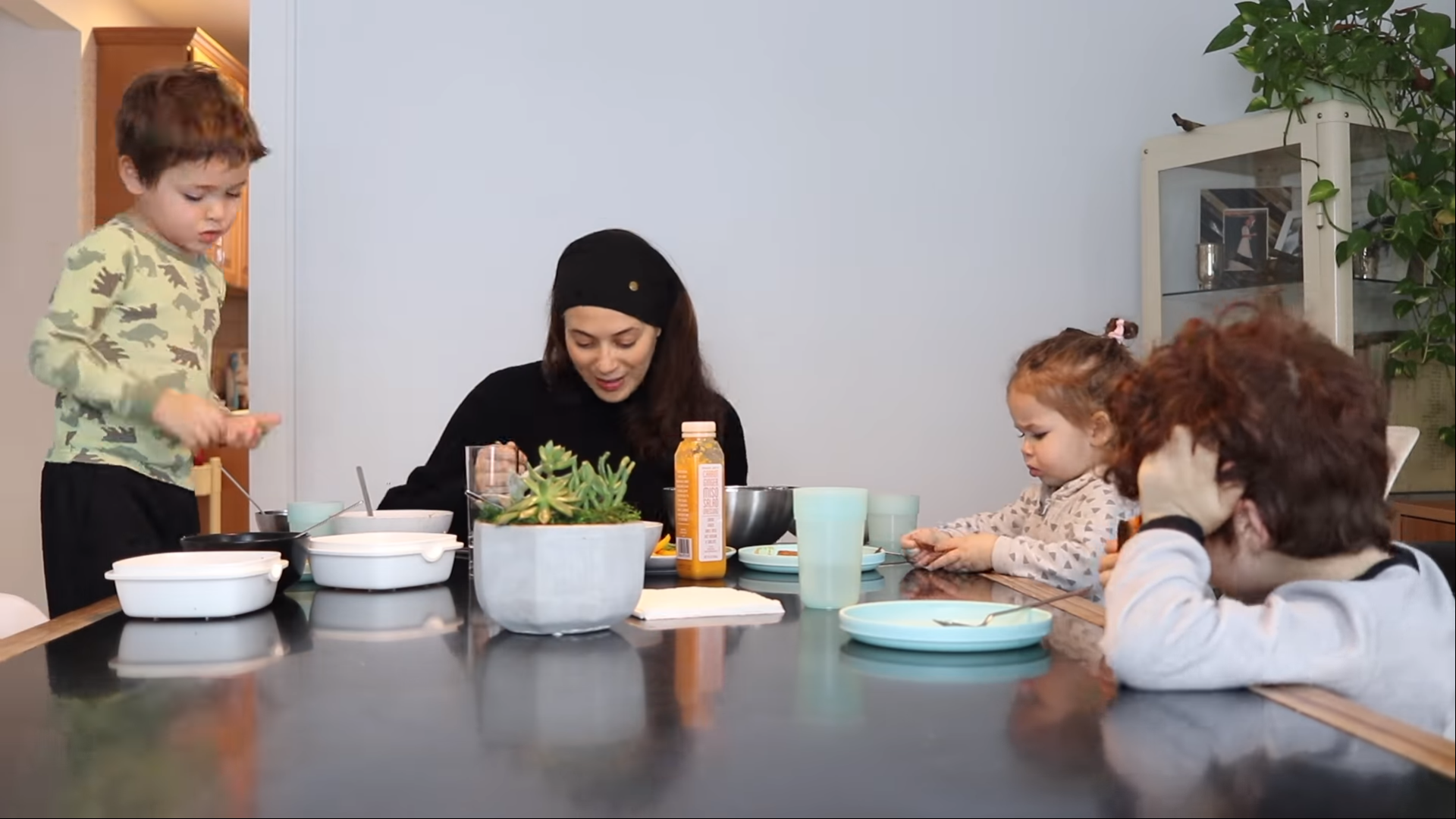


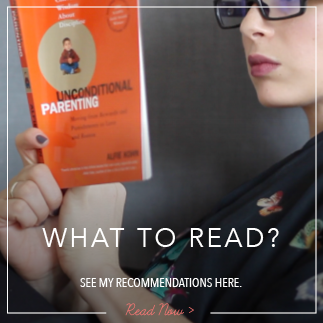




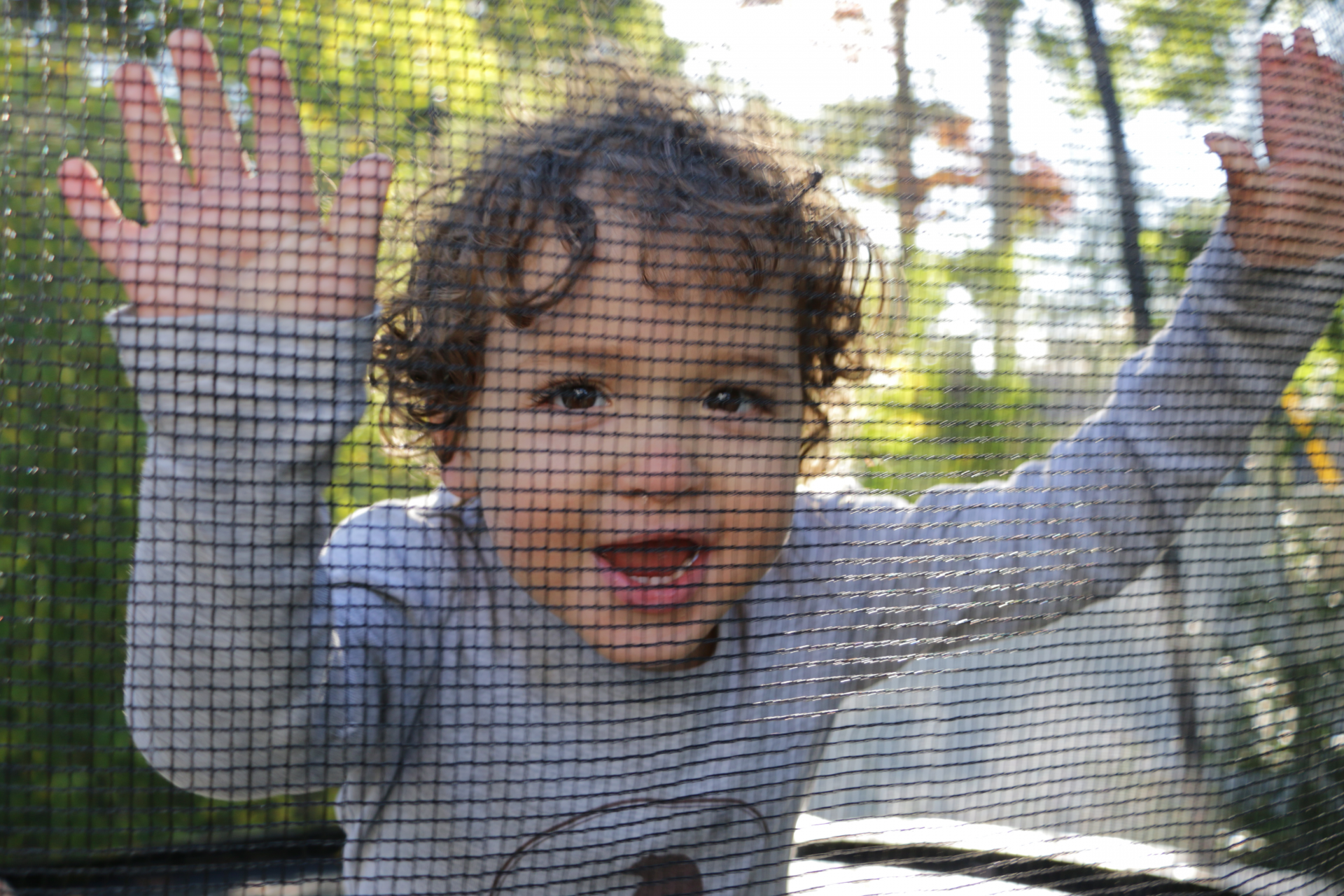


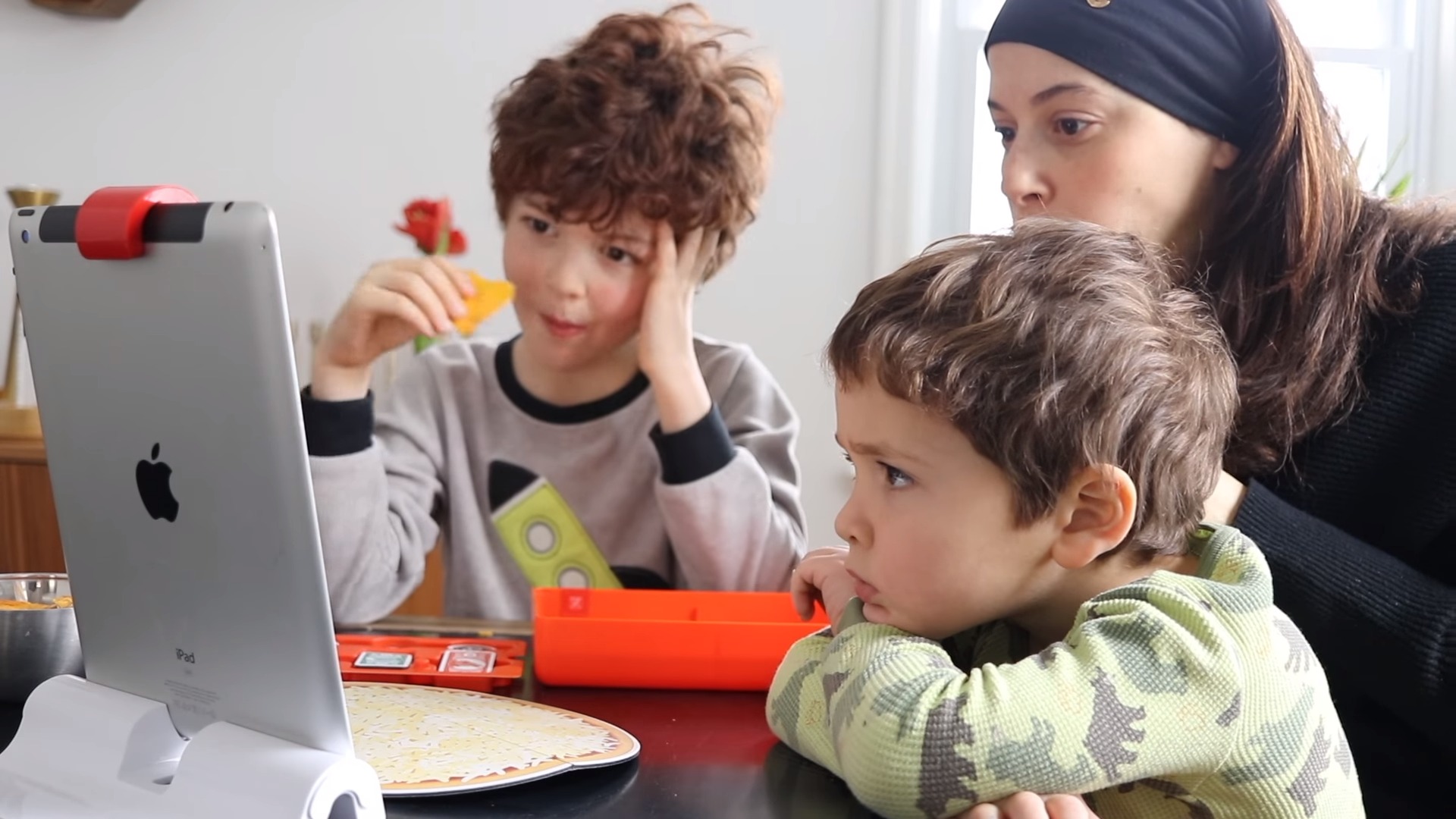
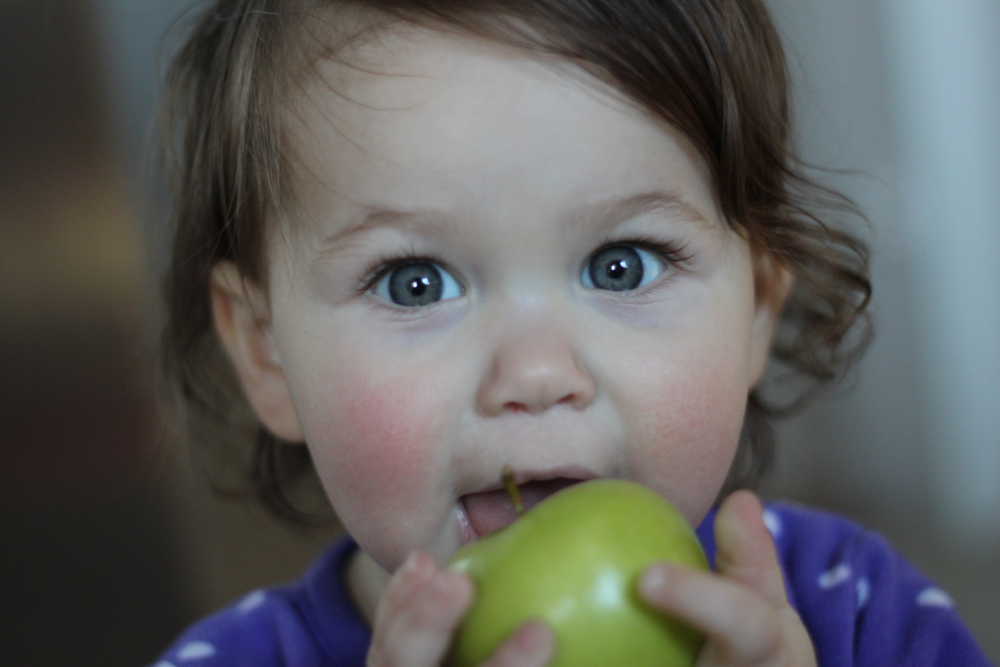

0 comments